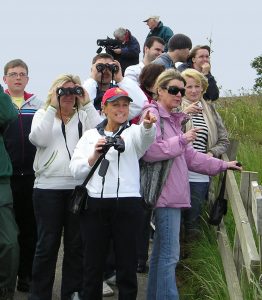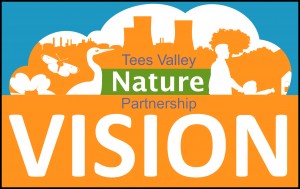National context
Tourism is Britain’s 5th largest industry, worth c £115 billion pound a year to the economy and employing c 2.6 million people. The natural environment and wildlife are fundamental assets for tourism in the UK. Outdoor sctivities such as walking, mountain biking, bird watching is one of the fastest growing segments of the tourism industry. Maintaining a high quality natural environment and cultural heritage is essential to maintain this growth and interest.
Sustainable tourism requires a balance between the needs of the industry and the protection of landscapes and wildlife. A high quality natural environment is essential to support the sector and, if properly managed, tourism can contribute to environmental protection and conservation and is a way of raising awareness and appreciation of the natural environment.
In the Tees Valley
Tourism is important to the Tees Valley economy. In 2009 it generated over £550 million to the local economy and supported directly or indirectly over 9,000 jobs. The Tees Valley as an area remains relatively new and is an emerging destination, especially for day trips. Nature and outdoor based recreation is a growth sector with RSPB’s Saltholme drawing visitors to the North Tees marshes, Guisborough Forest providing a destination for mountain biking, white water rafting at the Tees barrage and windsurfing facilities at Saltburn.
Saltholme – providing a natural draw to the North Tees
Saltholme is a multi-million pound investment that delivers benefits to both people and the environment through the creation of the flagship RSPB Nature Reserve and Discovery Park. Opened in February 2009 after several years of work creating and improving ponds and other habitats, the reserve provides a state of the art ‘green’ visitor centre and restaurant and a network of access routes and viewing hides. In its first year of opening, the centre attracted 85,775 visitors. The reserve has given a significant boost to the Tees Valley green economy and is changing perceptions of the North Tees as a place where people can enjoy wildlife thriving in an industrial landscape. Analysis of the impact on the local economy of the nature reserve in 2010 found that day-trippers spent £7.47 per person per trip in the local area, whilst holiday makers spent £70.13 and that the reserve supported 30 local FTE jobs.


